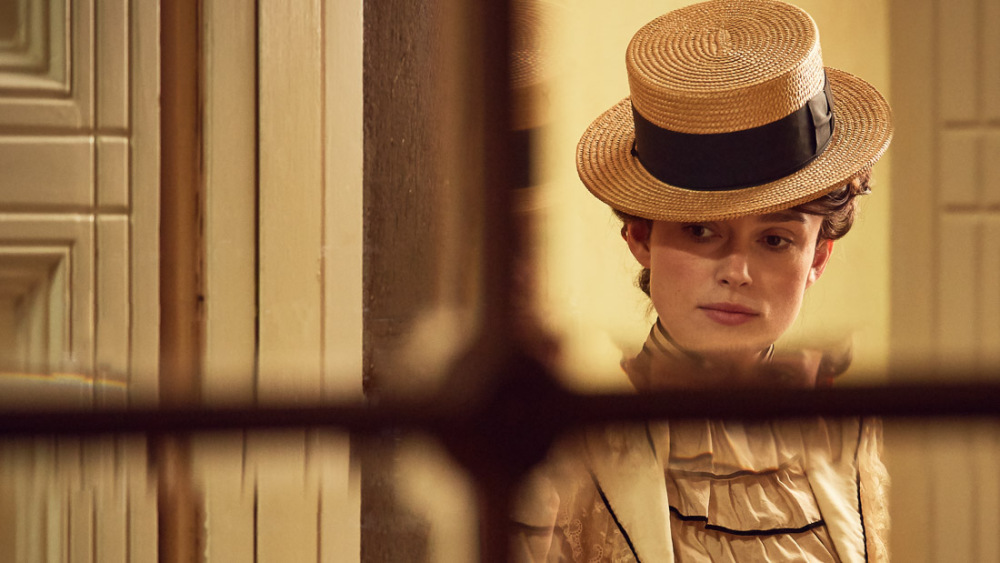As apprehensive as I was to sit through a 2-hour biopic on French literature, Leeds-born director Wash Westmoreland’s newest Sundance pick-up Colette proved to be one of the ones to watch this upcoming awards season – perhaps following the same trail of Academy, Golden Globe, and SAG Award success as his 2015 tear-jerker, Still Alice. Based in the late 17th to early 18th century, Sidonie-Gabrielle Colette (Keira Knightley) begins to ghostwrite for her husband Henry Gauthier-Villars (Dominic West) under the nom-de-plume ‘Willy’. When her semi-autobiographical tales become a cultural sensation, Colette must fight for creative ownership and against the confines of gender and sexuality-based restrictions on artistic output.
Although we are all more than familiar with Kiera Knightley portraying roles set in an era of corsets and traditional patriarchal values, the British actress once again manages to bring us yet another outstanding character to add to her long list of period dramas. Even more interestingly, rather than a character who fits traditional stereotypes and values, it was refreshing to see a story told of an individual who rebelled the systematic discrimination of the time. Particularly during the recent #MeToo and women’s rights movements, the importance of bringing forth a story of a figure that revolutionised women in literature and gender expression to the mainstream screen is nothing less than necessary.
I arrived at the movie already riveted by the issues that were also to be explored regarding sexuality, as Colette is of the few LGBT releases this year. Particularly interesting is the way in which queer relationships and gender non-conformation were explored through Colette’s relationship with her then-girlfriend, Mathilde de Morny (Denise Gough), and mistress, Georgie Raoul-Duval (Eleanor Tomlinson). The representation of homoromanticism in a non-contemporary setting is unique to my own film experience. I would not automatically class Colette as a fundamentally LGBT movie however, mainly due to the lack of depth this plot was given: in a film spanning just 112 minutes, it is difficult to pay this expansive narrative sufficient attention. After being inspired by the film and conducting my own research into Sidonie, I immediately itched to see the entirety of the author’s vast career and life on the big screen, instantly disappointing me that so little had been brought to life in Colette.
If you had the same reaction as my girlfriend when she was told that she would be dragged with me to watch a French literature biopic, then it will also come as a welcome surprise that such a plot would be so conductive to the humour that Knightley’s character portrayed. It felt quite strange to be laughing at what should have been another serious period piece, yet the wit the lead actress so perfectly reflected felt like the puzzle piece that kept the movie so engrossing throughout.
All in all, I feel Westmoreland has created something essential to the world at this moment. Minority representation is imperative to screen, and to give a soapbox to a figure who paved a way to the societal normalisation of these issues has been something that I never knew the LGBT movie genre needed, until now.
Colette hits UK cinemas from 25 January 2019.
Holly James
Image Courtesy of Sundance Film Festival

